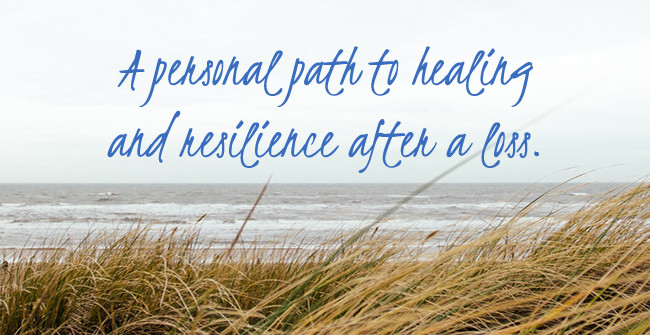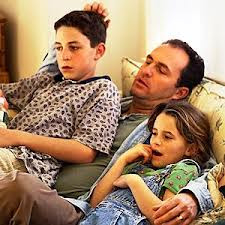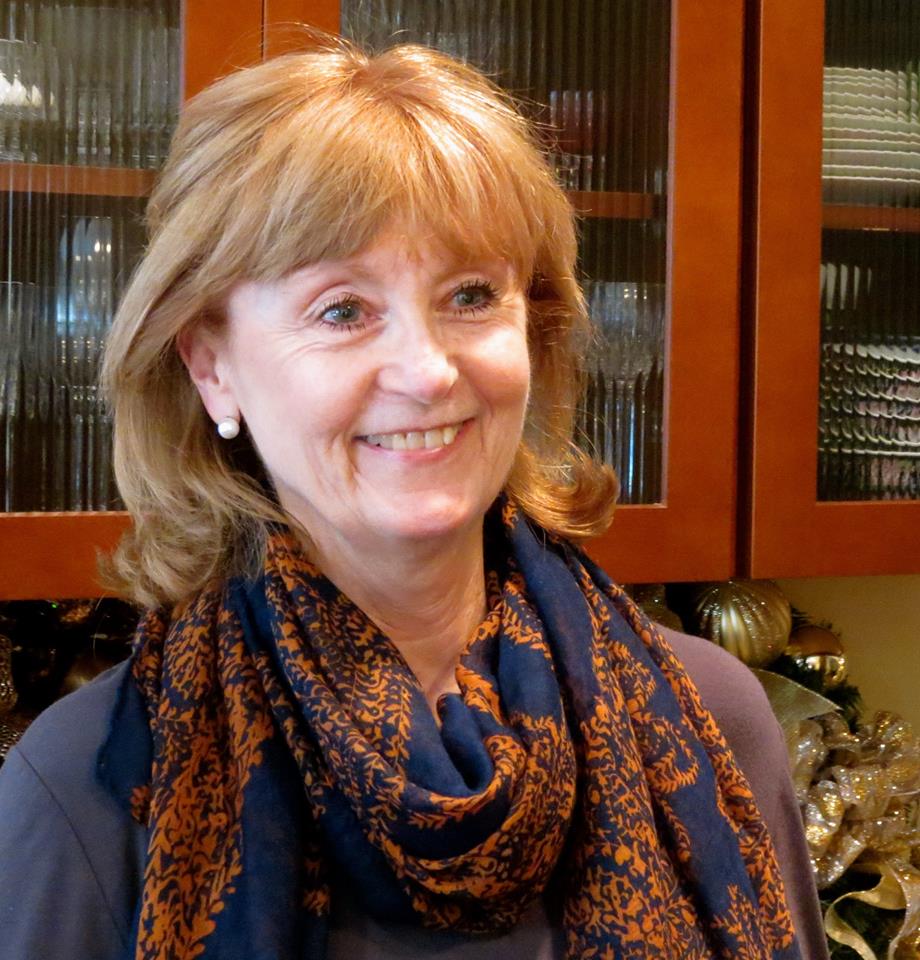I know a few widowed mothers and have great respect for how they handle the role of single parent.I don’t know any widowed fathers so I have always been curious about how they juggle the demands of raising children and handling their work careers.
I imagine that a family member helps them; maybe a mother, a sister or even a brother. Or maybe the fathers had already hired someone to help them when their wives sadly became too ill or were weakened by treatments.
But after reading the insightful New York Times story below, I found that widowed fathers and widowed mothers essentially struggle and try to deal with the same issues: school, bed time, personal responsibilities and housekeeping.
At the end of the day, it is not possible for one person to physically and mentally juggle it all. It takes a lot of support to parent your children and take care of your broken heart all at the same time. And it’s okay to admit that.
You are not SuperParent. You need help.
Asking for help doesn’t mean you are weak.
Asking for help is a sign of good mental health. It means you recognize that your efforts are not changing your situation the way you thought it would and something different needs to be tried.
Asking for help is a sign of strength.
It doesn’t feel that way when it is happening but it’s true.
I am always in need of help. Many times I would call my grief counselor and my voice would be shaking and my hands would be shaking and I would try my best to keep it together but it wasn’t happening. Sometimes I couldn’t even put together a simple declarative sentence. All my words would come out in a jumble.
It’s hard to put yourself out there when you are most vulnerable and in need of kindness and support. And as a single parent, you feel you have to be strong for your children and show them the way to go. I’m always asking other parents what’s going on with their children and then telling them something that is going on with my child to see if a particular thing is common to them.
“Well how did you get them to eat that?”
“What time does your child go to bed?”
“Have they asked about blankety-blank yet?”
Please read this great New York Times story below focusing on widowed fathers and the wonderful way these guys handled their unexpected situations:
A Lifeline for Widowed Fathers
By JANE E. BRODYApril 22, 2013/The New York Times
Three springs ago, Joe Ciriano was living in a fog. He had just lost his wife of 21 years to breast cancer. He was now the sole parent of a son and three daughters, one with Down syndrome. The children, ages 6 through 19, all had different needs and levels of understanding.
Mr. Ciriano, 51, an accounts manager in Burlington, N.C., was riddled with doubts about his ability to carry on as a single parent and was struggling to keep his head above water. While deeply mourning his wife, he was unsure of how good a parent he could be.
“What is normal?” he wondered. What should he say to the kids about their mother? How should he treat them? Could he handle his family and do his job?
With no one to share day-to-day family responsibilities and decisions, and to help fill both his and his children’s emotional and physical needs, life felt “overwhelming,” Mr. Ciriano said in an interview.
Then something wonderful happened. He and Karl Owen, a 49-year-old software engineer from Chapel Hill whose wife had died, of lung cancer, three weeks after Mr. Ciriano’s, were asked to form a support group for fathers widowed by cancer who had children at home.
At the University of North Carolina at Chapel Hill, Dr. Donald Lee Rosenstein, a psychiatrist, and Justin Michael Yopp, a psychologist, weren’t sure how openly these men would talk about their feelings and struggles. But the researchers saw a pressing need to help them and their children through this trying life experience.
Too often, they’d found, widowed fathers contend with social and emotional isolation — a profound aloneness — and suffer in silence.
“I’m not a support-group kind of guy who wants to talk about touchy-feely kinds of things,” Mr. Ciriano said. But finding himself “lost at sea,” he was willing to give it a try.
The result has exceeded all expectations. The eight widowed fathers who formed the core group, led by a professional facilitator, quickly learned that their feelings, doubts and concerns were shared by all and offered one another insights and suggestions on how to cope.
“All the men were exhausted and suffering a crisis in confidence, fearful of screwing things up,” Dr. Rosenstein said. “They faced countless daily issues — school problems, struggles with discipline, bed times, expectations and a tendency to let things slide a little, which really doesn’t work well for kids.”
Mr. Owen said in an interview: “A lot of things that seemed abnormal in our lives were common to the other guys in the group. Someone would bring up a situation, and the rest of us would nod, ‘Yeah, me too.’ These issues were very difficult to discuss with friends who hadn’t been through a similar experience,” said the father of two children, who were 9 and 12 when their mother died.
“We were all in a place in our lives we hadn’t prepared for,” he said, “and collectively we could share experiences and help each other navigate.”
Participants in the group developed a remarkable bond, a level of friendship and sharing that is rare among men, who even now are expected to be strong and resilient, and many of whom still avoid talking about deep feelings and doubts.
Three years later, four of the men continue to meet monthly and have benefited so much from the experience that they are reaching out to help other fathers newly widowed by cancer.
Meanwhile, Dr. Rosenstein and Dr. Yopp, who said they could find no similar support groups for widowed fathers, are trying to get others started at cancer centers around the country. They would like to conduct a formal study to determine “what is most helpful and what isn’t to these men,” Dr. Yopp said in an interview.
Ideally, he said, every major cancer center would have a support group for widowed fathers, whose experiences and needs are different from those of widowed women and older men. (More information about how the group works can be found at singlefathersduetocancer.org.)
Cancer is responsible for more widowed fathers than any other cause of death, Dr. Rosenstein and Dr. Yopp noted in an article in the journal Psycho-Oncology. An estimated 100,000 children are living with widowed fathers in the United States, and the trauma of losing a mother at a young age can seriously disrupt a family’s structure and the children’s development, sometimes with lifelong consequences, they wrote.
“There is a pressing need to understand the experiences of these widowed fathers and to develop supportive interventions for them and their children,” they said.
I can attest to the value of such support. I was 16 and my brother was 12 when our mother died of cancer in 1958, leaving my father emotionally, physically and financially drained by her yearlong illness.
To stay afloat, he worked two jobs and had little time to enforce routines and discipline at home. I soon departed for college, and my brother was left to cope on his own with the devastating loss of our mother at so vulnerable an age.
“Men traditionally do not play the role of the more nurturing parent; therefore, as widowed parents, fathers may be less likely to employ child-centric or nurturing parenting styles and more likely to feel unprepared than widowed mothers,” Dr. Yopp and Dr. Rosenstein wrote.
They said various studies had found a clear “link between the mental health of the surviving parent and the adjustment of the parentally bereaved child.”
A major issue for widowed fathers, Dr. Rosenstein said, is providing parental consistency with love and understanding. Good parenting requires structure, clear expectations, well-defined limits and reasonable consequences.
“What I’ve seen happen a lot is the former family order melts away and no new order is put in place,” the psychiatrist said. “This can be tough for kids, who feel cared for when there are limits and consistent discipline.”
The trauma of a young mother’s protracted death from cancer can be exacerbated by the patient’s understandable wish to live as long as possible for her family, Dr. Rosenstein added. These women often choose aggressive therapy until the bitter end, missing the comforts of hospice care and the opportunity to express their love, wisdom and wishes for the family.
In an online survey conducted by the two researchers, nearly half of 144 widowed fathers said their wives had had no chance to say goodbye to their children.












Leave a Reply